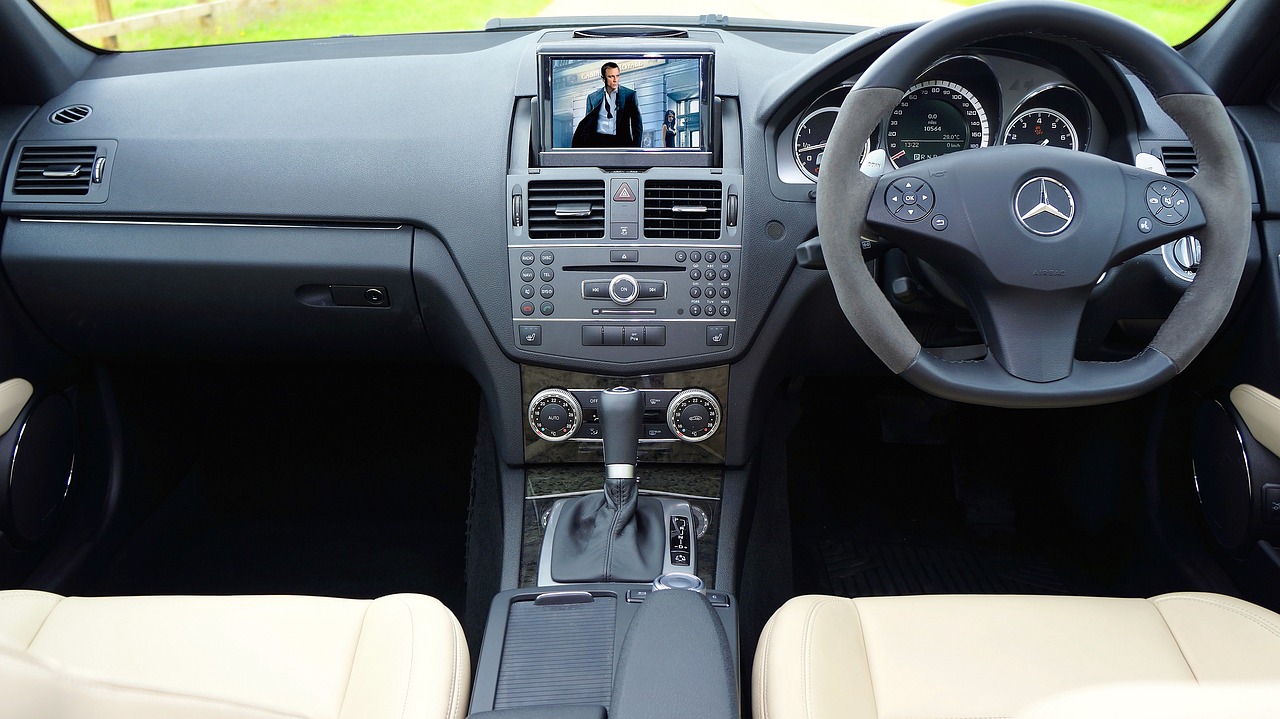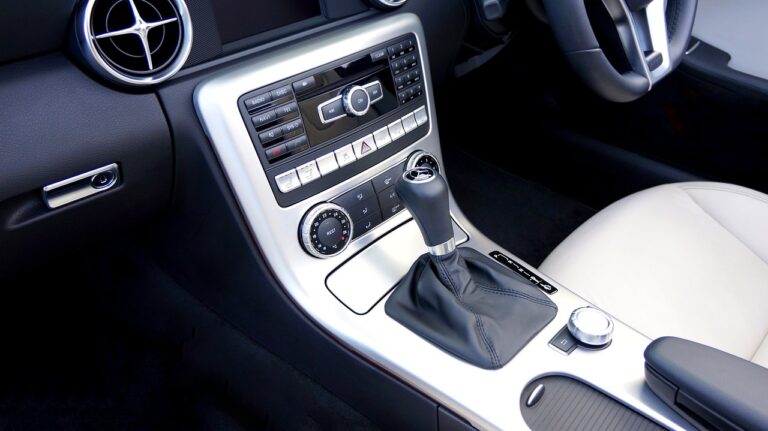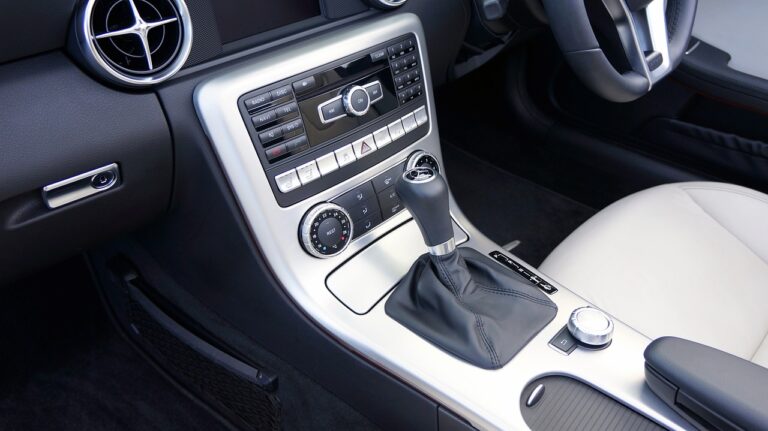The Impact of Connected Cars on Automotive Insurance
Automotive insurance has undergone significant transformations over the years. Initially, it served as a means to provide financial protection to vehicle owners in case of an accident, offering them peace of mind and compliance with legal requirements. The basic premise of insurance in the automotive industry was to mitigate potential financial risks associated with vehicle operation.
As technology advanced and vehicles became more complex, the insurance landscape also evolved. Insurers began incorporating data analytics to assess risk more accurately, leading to personalized pricing models based on individual driving behavior. The advent of telematics devices and connected car technology enabled insurers to gather real-time data on driving habits, allowing for a more tailored approach to coverage. This shift marked a new era in automotive insurance, where innovation and data-driven strategies played a central role in shaping the industry’s future.
The Rise of Connected Cars
Connected cars have revolutionized the automotive industry in recent years. These vehicles are equipped with advanced technologies that allow them to communicate with the environment around them, enhancing safety and convenience for drivers. With features such as GPS navigation, real-time traffic updates, and automatic emergency assistance, connected cars offer a new level of connectivity and efficiency on the road.
One of the key benefits of connected cars is their ability to collect and analyze data to improve driving experiences. By incorporating sensors and communication technologies, these vehicles can gather information on driving patterns, road conditions, and maintenance needs. This data not only helps drivers make informed decisions but also enables auto manufacturers to develop more personalized and efficient services for their customers.
What are connected cars?
Connected cars are vehicles equipped with internet connectivity and integrated technologies that allow them to communicate with other devices, networks, and services.
How do connected cars benefit drivers?
Connected cars offer numerous benefits to drivers, including improved safety features, enhanced navigation and infotainment systems, real-time traffic updates, remote vehicle monitoring, and the ability to optimize driving routes for fuel efficiency.
How do connected cars impact automotive insurance?
The rise of connected cars has led to the evolution of automotive insurance, with insurers leveraging data from connected car technologies to offer usage-based insurance policies. This allows for more personalized and cost-effective insurance coverage based on individual driving behaviors.
Are there any privacy concerns associated with connected cars?
Yes, there are privacy concerns associated with connected cars, as the collection and sharing of data from these vehicles raise questions about data security, privacy rights, and potential risks of data breaches. It is important for drivers to be aware of how their data is being used and to take steps to protect their privacy.
What is the future outlook for connected cars?
The future outlook for connected cars is promising, with advancements in technology driving the development of autonomous vehicles, smart transportation systems, and innovative mobility solutions. Connected cars are expected to play a key role in shaping the future of transportation and revolutionizing the automotive industry.





